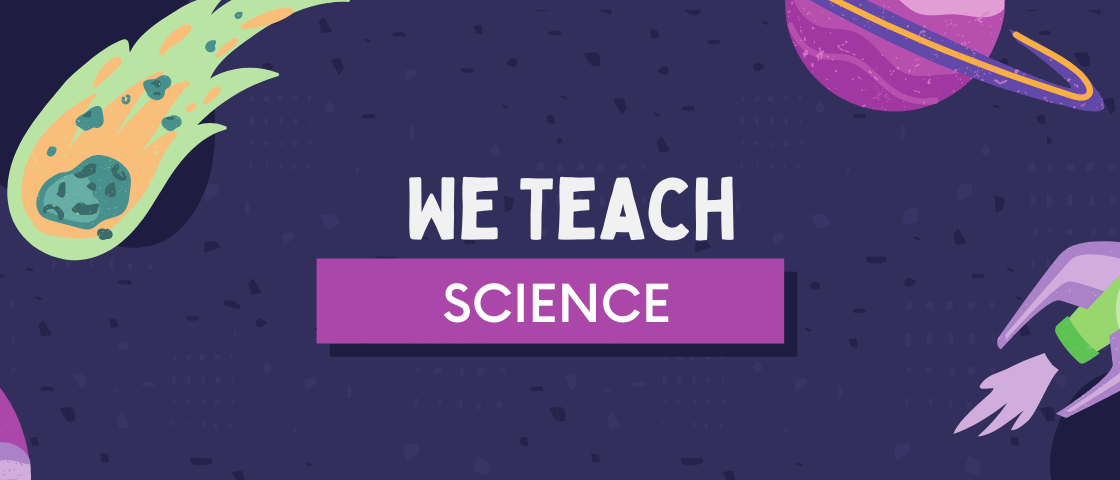A Comprehensive Guide To Pursuing a Career in Pharmacogenomics
A Comprehensive Guide To Pursuing a Career in Pharmacogenomics
With the merging of pharmacology and genomics, pharmacogenomics is at the vanguard of personalized medicine, unlocking the potential to tailor treatments based on an individual’s genetic makeup. It promises a future where medication and therapy are fine-tuned to each person’s unique genetic code, drastically improving outcomes. With advancements in technology and an expanding understanding of the human genome, pharmacogenomics is fast becoming an integral part of healthcare provision. As such, professionals with expertise in this field are increasingly in demand. Keep reading to discover how to start your journey in this dynamic and crucial field of science.
Essential Educational Pathways for a Career in Pharmacogenomics

To establish a career in pharmacogenomics, robust academic credentials are essential. Typically, this begins with obtaining a relevant undergraduate degree, such as in biology, pharmacology, genetics, or biochemistry. Such foundational study provides the necessary scientific background to grasp the complexities of drug-gene interactions.
Following that, prospective pharmacogenomics professionals often pursue a postgraduate degree to specialize in this niche. Enrolling in an online genetics masters degree program can offer flexibility while providing in-depth knowledge and practical experience. These advanced degrees are designed to hone research skills and deepen understanding of genetics in the context of patient care and drug development.
While traditional on-campus programs offer hands-on laboratory experience, online programs have gained traction, complemented by virtual labs and simulation technology. Such platforms enable students to balance their studies with other personal and professional commitments. Balancing accessibility and rigor, online and hybrid education models are reshaping how we prepare future experts in the field.
Navigating the Field: Key Skills and Competencies Needed
Pharmacogenomics is not just about understanding genetics; it requires an interdisciplinary skill set. Strong analytical skills are crucial for interpreting complex genetic data and translating these findings into meaningful clinical recommendations. Curiosity and a methodical approach to solving problems are, therefore, valuable traits for success in this field.
Besides technical prowess, communication skills are immensely important. Professionals must be able to convey complex genetic information understandably to patients and other healthcare providers. As treatment plans become increasingly personalized, the ability to tailor communication and counsel clients becomes pivotal.
In an environment where genomics data and clinical practices are perpetually evolving, a commitment to continuous learning is necessary. Keeping abreast of the latest research, technologies, and methods is part of the daily routine for pharmacogenomics professionals. Adapting to new information and integrating it into practice is both a challenge and a necessity.
Career Opportunities and Growth in the Field of Pharmacogenomics
The rise of personalized medicine has opened up various career pathways in pharmacogenomics. From clinical pharmacogeneticists who work directly with patients in healthcare settings to research scientists dedicating time in laboratories unraveling genetic mysteries that affect drug responses, the options are diverse. Those with a penchant for academia can also pursue teaching engagements or lead groundbreaking studies within university settings.
Progress in pharmacogenomics has also prompted the pharmaceutical industry to seek out experts who can contribute to the design of genetically guided therapies. From early discovery to clinical trials and regulatory affairs, the industry relies on pharmacogenomic knowledge to navigate the complexities of drug development and approval.
Moreover, the evolution of biotechnology startups specializing in genetic testing is another avenue where expertise in pharmacogenomics is highly valued. These companies require professionals adept in both the science and its application to guide product development and interpret genetic testing results for patient and clinical use.
Staying Ahead of the Curve: Continuing Education and Professional Development in Pharmacogenomics

Given the rapidly evolving nature of pharmacogenomics, professional development is non-negotiable. Continuing education through workshops, seminars, and certifications helps keep practitioners up to date with the latest trends and technologies. Professional organizations play a key role in offering resources and platforms for ongoing learning and growth.
Staying connected with the scientific community through conferences and peer collaborations is another important aspect of professional development. These interactions foster an exchange of ideas, allowing individuals to gain insights from pioneering work being carried out across the globe. Networking also opens doors to potential career advancements and collaborative opportunities.
Overall, the journey to a career in pharmacogenomics is both challenging and rewarding. It demands a strong educational foundation, a suite of interdisciplinary skills, and an unyielding commitment to professional growth. For those passionate about personalizing medicine and advancing healthcare, the dynamic field of pharmacogenomics offers a wealth of opportunities to leave a lasting impact on the well-being of future generations.

